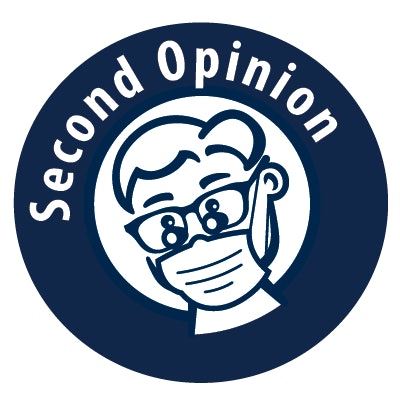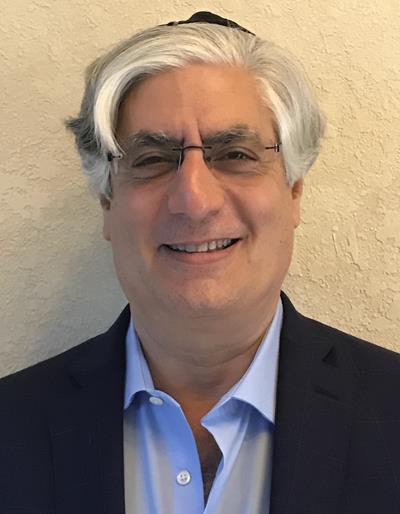
In the past five years, I've watched a dramatic increase in the number of my patients who lay back, open wide, and expose a mouth filled with rotten teeth. One 21-year-old woman who came to my office had teeth and gums that were so broken, infected, and rotten from "meth mouth" that I was forced to pull all of her teeth and fit her for dentures. This was a pivotal moment in my 25 years of dentistry. I knew that things had to change, and I had to help turn things around.
As the opioid epidemic is corroding neighborhoods across this nation, the world of dentistry finds itself in a conundrum. As dentists and prescribers of opioids, we have an ethical responsibility to minimize the potential for drug misuse and diversion while maintaining legitimate access to opioids for patients in need of such pain relievers to manage acute pain.
 Jacob Elefant, DDS.
Jacob Elefant, DDS.We perform oral surgery that has historically called for us to write a prescription for opioids to alleviate the almost-guaranteed ensuing postsurgical pain. The obvious problem is that our legal and ethical standard of care has, nonetheless, undoubtedly contributed to the epidemic before us. I, and I would assume the vast majority of my colleagues, have never negligently nor recklessly prescribed opioids, but the harsh reality is that some patients have become addicted to the medication because of their own doing.
So what can the dentist industry do to help eradicate the prescription drug abuse that is filling drug treatment centers across the nation? In fact, dentists are leading the medical industry's charge by self-imposing regulations to ward against overprescribing opioids and also implementing safeguards against patient "doctor shopping" for these medications.
In March 2018, the American Dental Association announced a new policy on opioids supporting mandates on limits on opioid dosage and duration of no more than seven days for the treatment of acute pain. As part of the new policy, dentists must now participate in mandatory four-hour continuing education in prescribing opioids and other controlled substances. Additionally, three dental schools have agreed to teach classes in managing pain, prescribing painkillers, and detecting potential abuse of those drugs as part of the effort to combat the opioid crisis. The schools are the Harvard School of Dental Medicine, the Boston University Henry M. Goldman School of Dental Medicine, and the Tufts University School of Dental Medicine, all in Boston.
Still, as dentists, we must do more individually to educate ourselves about these substances, recognize clues of abuse, and treat patients with nonaddictive pain medications. I've taken an aggressive approach in the war against this epidemic in hopes of becoming part of a solution. I have read pages upon pages of addiction-related journals, online articles, and other published works; I have frank conversations with patients with rotten teeth to learn about their struggle with addiction; and I have taken the time to speak with young people who are in recovery to hear the harsh realities of what life's like when one has the disease of addiction to drugs and/or alcohol.
I have also opened an addiction treatment facility called Pivot Treatment and Wellness Centers to provide resources for gaining sobriety and total life wellness.
The dental community must be vigilant in our efforts to find alternatives to treat acute pain without opioids, whenever possible. But when it is necessary to prescribe opioids, we must speak honestly with our patients about its use and potential abuse. It is feasible that at least one person who has died from a drug overdose was first exposed, quite innocently, to opioids through a dental visit. This sad probability should drive our profession to address this epidemic.
Jacob Elefant, DDS, is in private practice in West Palm Beach, FL, and founder of the Pivot Treatment and Wellness Centers in Florida.
The comments and observations expressed herein do not necessarily reflect the opinions of DrBicuspid.com, nor should they be construed as an endorsement or admonishment of any particular idea, vendor, or organization.


















